Physical Address
60 Ekwema Cres, Layout 460281, Imo
Physical Address
60 Ekwema Cres, Layout 460281, Imo
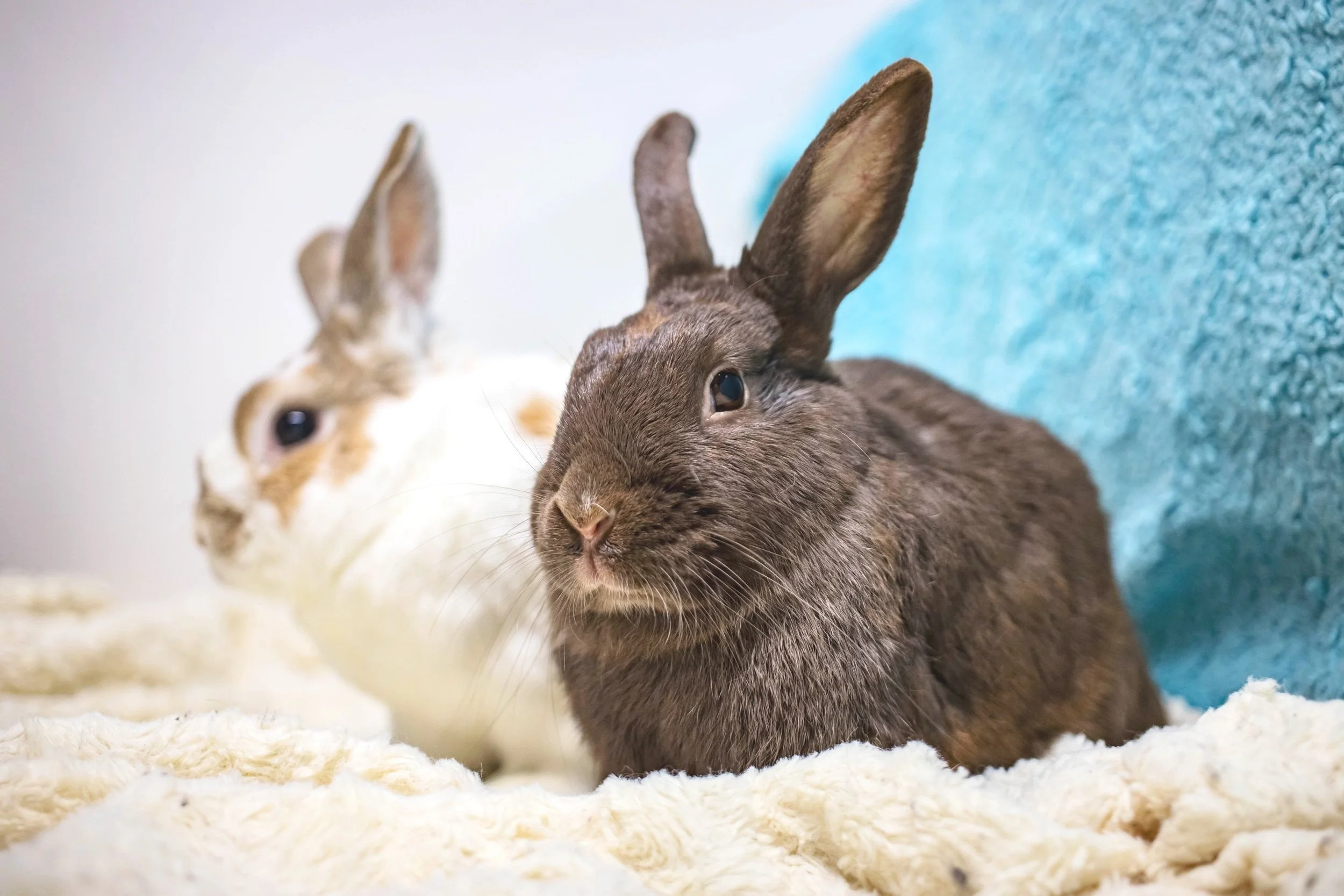
Rabbit farming is gaining traction among Kenyan farmers due to rabbits’ fast reproduction and minimal space requirements.
To profit from selling rabbits, one needs to find the right market and platform. In Kenya, farmers can take advantage of both traditional and digital channels in marketing to reach buyers. The presence of online marketplaces and classifieds has made it easier to connect rabbit sellers with consumers nationwide.
This writing will explore how and where you can sell rabbits in Kenya, prices and profitability, and the 15 popular online platforms to sell rabbits in Kenya, and tips for marketing your stock.
Yes – selling rabbits online is perfectly legal in Kenya, provided you comply with animal health and market regulations. You can list live rabbits or rabbit products (meat, pelts) on various online channels. Just ensure that any necessary permits (if selling processed meat) or health certificates are in order.
Many rabbit farmers in Kenya take advantage of digital connectivity and platforms to access more people both locally and nationally. They already advertise on websites and social media based on agri-products, and farmers regularly meet restaurants, butchers and households in need of rabbits.
For example, the Rabbit Breeders Association (RABAK) and The Rabbits Republic (a Nairobi abattoir) have been known to purchase the produce of farmers, although many of the small farmers will use the online classified and marketplace to sell direct to the markets.
Check out to see How To Make Money in Kenya | 15 Easy Ways
Prices for rabbits vary by age, breed, and on market forces. Rabbit meat in Kenya can be purchased at about KSh 500 and KSh 800 per kilogram (deadweight). Live rabbits can command a higher price when they are mature.
In an example, a fully grown rabbit would be sold in the Rabbit Breeders Association of Kenya (RABAK) at KSh 1,000-1,500, and similarly, a young kit of the same would sell at KSh 300-500.
Market listings reflect this range: some ads on Jiji.co.ke show rabbit kits as low as KSh 400, while prime breeding stock can command thousands (one marketplace shows “Rabbit (Each) KES 3,500”).
Farmbid Africa, an online livestock marketplace, even lists rabbits at KSh 3,500 each. In general, expect to pay a few hundred shillings for a small bunny and over a thousand for larger breeds.
To sell rabbits online effectively, start by preparing quality listings on the right platforms. Use marketplaces that cater to agricultural or general classifieds.
For example, Upmarket Agribazaar allows farmers to list livestock to reach a large buyer network. When creating your listing, use clear pictures and detailed description (age, breed, health condition), the buyers require this information. Also, you can leverage on social media: go to Facebook groups such as “Kenya Rabbit Farmers,” or “Rabbit Breeders in Kenya” and you can advertise what you are selling there.
By joining Facebook groups related to the breeding and sale of rabbits in Kenya, you can connect to potential buyers and get more knowledge about the market. Send the responses to inquiries as soon as possible and be willing to bargain or organize a meetup.
Besides self-listing, partner with the already established channels. Some rabbit farmers use wholesaler contacts like The Rabbits Republic (a large rabbit abattoir near Nairobi). But for small farmers, online listings on classifieds sites or even WhatsApp/SMS networks can find local buyers.
In all cases, honesty and clarity help: ensure your rabbits are healthy and provide any relevant care info. Good customer service and prompt responses can build trust and repeat business.
The best approach is to use multiple channels simultaneously. For most farmers, online platforms plus local networks work best. Start by listing on free classified sites (like Jiji) and agri-marketplaces, then amplify via social media. Don’t overlook local farmer cooperatives or associations: groups like RABAK (Rabbit Breeders Assoc. of Kenya) may help link you with bulk buyers.
Also, consider direct sales at farmers’ markets or butcheries by arranging through social contacts. In any case, building a reputation for healthy stock and fair prices is key. Use online marketplaces platforms like Upmarket Agribazaar. Always provide clear photos and detailed descriptions of your rabbits.
Farmers often mention that personal referrals and repeat local customers are valuable. If you produce rabbit meat, local hotels or restaurants may become steady clients. So the best way combines digital reach with good old-fashioned networking.
Advertise online, but be ready to meet buyers in person for farm visits or fairs. For instance, the Rabbits Republic not only buys rabbits but also supplies restaurants in Nairobi – such outlets could be potential clients if you scale up.
See also How to Open a Co-Operative Bank Account Online in Kenya
Feeding costs are an important expense. The price of rabbit pellet feed (50 kg bag) varies by brand and location. A 50kg bag of generic rabbit pellets runs roughly KSh 3,000–4,000.
For example, an online listing advertises “Pembe Rabbit Pellets – 50kg” for KSh 4,000, roughly KSh 80 per kg. Some suppliers may offer cheaper deals; farmers report seeing prices around KSh 2,500–3,000 per 50kg bag on promotions or at farm supply stores.
In general, anticipate around KSh 50–80 per kilo. It’s wise to shop around or buy in bulk if raising many rabbits.
Remember that feed quality matters; good pellet formulations support faster growth and better health, which in turn makes your rabbits more sellable.
Farmers today have many online outlets. Below are 15 platforms (websites, marketplaces, social channels) where Kenyan farmers commonly sell rabbits. We include both free classifieds and paid marketplaces, as well as breeder associations and social options:
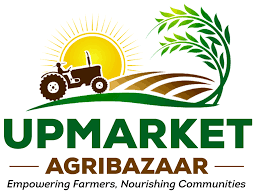
Upmarket Agribazaar is a leading Kenyan agribusiness marketplace. Farmers list livestock (rabbits, cattle, etc.) to reach buyers nationwide. Upmarket bills itself as “Africa’s first farm produce marketplace,” connecting small farmers to larger buyers.
It charges a commission but brings wide visibility. (Tip: include detailed photos and quality info when listing here.)
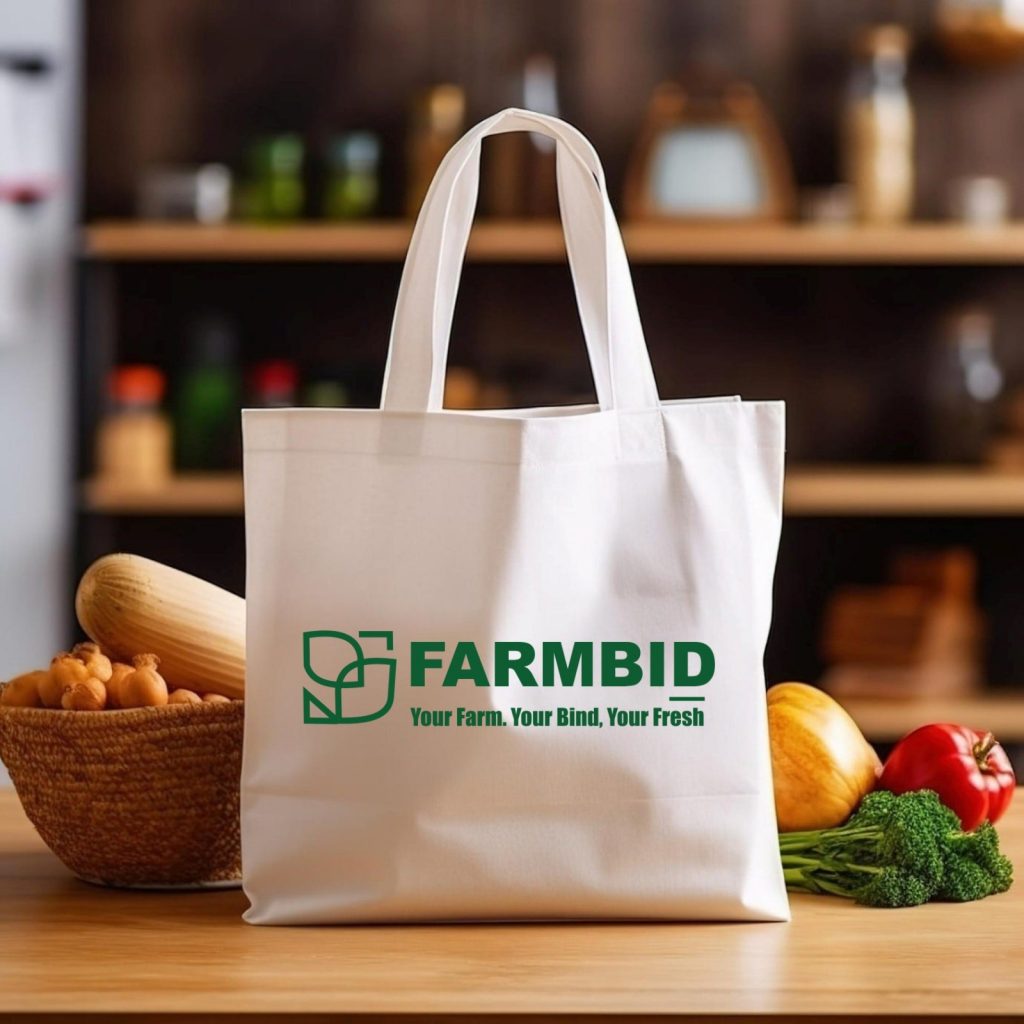
Farmbid Africa is a pan-African agricultural e-commerce platform. It has a “Livestocks” category listing rabbits (e.g. 50-day old rabbits for KES 3,500). Farmbid lets you register and list animals for sale, aiming at both local and regional buyers.
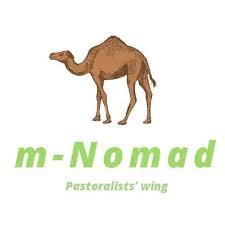
A Nairobi-based startup creating an online livestock marketplace for small farmers. According to VOA News, M-nomad “offers small livestock farmers in rural areas a way to buy and sell their livestock online”.
Though originally focused on larger livestock, it’s an emerging channel to watch as it expands.
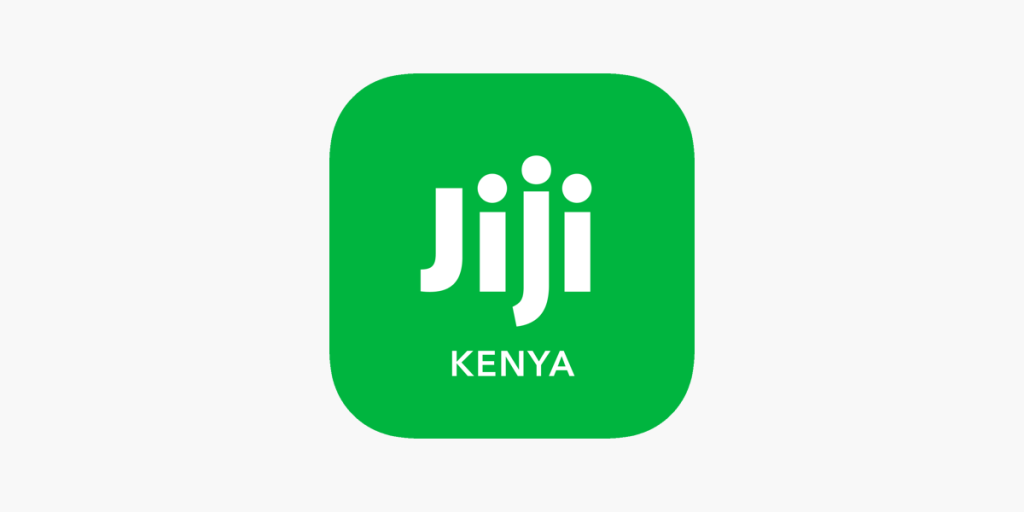
Kenya’s most popular free classifieds site. Jiji has a dedicated “Livestock” section, and many sellers post rabbits there. No listing fees are charged.
For example, dozens of rabbit ads (ranging from KSh 400 to KSh 3,000 each) can be found on Jiji. It’s easy to create an account and post, making Jiji a default choice for quick exposure.

Facebook’s Marketplace allows free ads in your area. Additionally, farming communities on Facebook (e.g. “Kenya Rabbit Farmers” with tens of thousands of members) serve as informal trading hubs.
As one source notes, “Joining Facebook groups dedicated to rabbit breeding and selling in Kenya can connect you with potential buyers”. Social media also lets buyers ask questions and see your stock in real-time. (No fee to list, but transactions are arranged privately.)

A digital marketplace and mobile app connecting small-scale farmers with buyers. Mkulima Young features categories for farm animals; some rabbit farmers use it to advertise stock.
Listings here target rural farmers in Kenya, often with free basic listing. Upmarket’s rabbit blog cites it as a known platform.
Starting a new business? See tips on How to Register a Business Name in Kenya Online | Full Guide
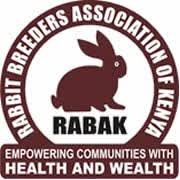
While not an e-commerce site, RABAK (a national breeders group) helps members sell their rabbits through collective marketing.
They sometimes publish market prices (e.g. mature rabbit ~KSh 1,000–1,500) and can link sellers with bulk buyers (restaurants, exporters). Joining such associations can indirectly help you sell more by accessing cooperative sales channels.
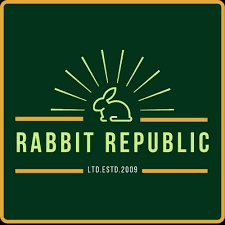
A private abattoir and buyer based near Nairobi. While not an online platform, they actively purchase rabbits from farmers and have some web presence.
Farmers sell carcasses to them at competitive rates. Mentioning Rabbits Republic as an option highlights that some physical buyers also advertise online or through farmer networks.
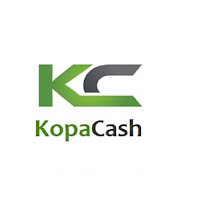
Kopacash, known for hustler loans, also runs a livestock marketplace with a 5% commission. Its blog (Kopacash) even lists itself as a marketplace for rabbits.
Farmers can register and list on Kopacash’s agri-platform to reach Kenyan buyers. (Their blog’s table notes Kopacash as an online marketplace with a 5% fee.)

Classified Ad Websites (OLX, PigiaMe, etc.) -Most notably, OLX Kenya (merged into Jiji) and PigiaMe were popular classified. While OLX is defunct, Jiji covers the same market (free ads). PigiaMe is shut down, but older farmers might recall it.
The key point is that any classified site that reaches Kenyan users can work. (Kopacash even lists OLX as an example in its guide, though OLX has since folded.)

Some young farmers use Instagram pages (e.g. #KenyaRabbits) or Twitter to showcase animals. Instagram and Twitter– Young farmers are utilizing Instagram pages (e.g., #KenyaRabbits) or Twitter to feature animals.
Posting attractive photos and using hashtags (like #rabbits, #KenyaFarming), you can attract followers and buyers. This method has no fees, but requires building an audience over time. It’s complementary to other methods.

Many local farmer communities communicate via WhatsApp or Telegram. Joining an agricultural or rabbit-specific chat group lets you post “for sale” notices directly to peers. Though informal, this leverages word-of-mouth. One can find groups through Facebook or local contacts (e.g., “Kenya Rabbit Farmers” group often shares a WhatsApp link).
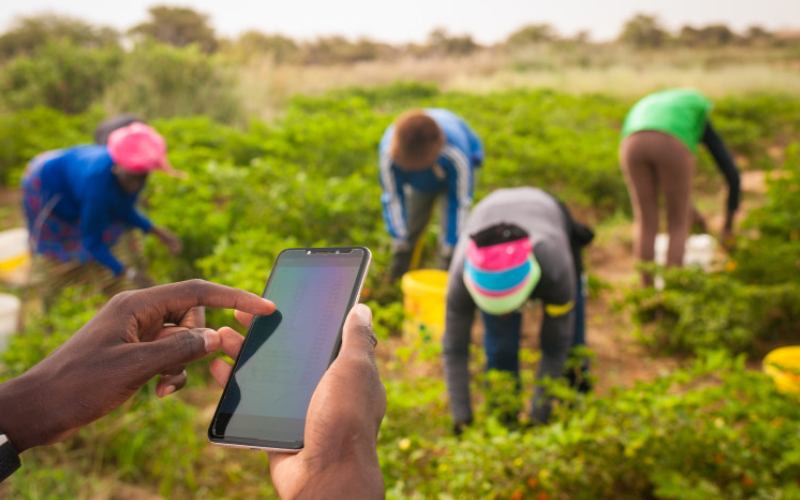
Platforms like AgriBizKenya, Mkulima Online forums, or even classified forums on News websites occasionally have livestock sections. While not as busy as Jiji, these niche sites let you target serious farmers.

While giants like Jumia focus on goods, they sometimes allow farmer products. For example, Kopacash mentioned Jumia as having a livestock section (though current activity is limited). It’s worth checking if any national marketplace offers a farming section, though dedicated agri platforms usually work better.

Some counties or farmers’ cooperatives trial live online auctions (e.g. via Zoom or specialty apps). As of now, Kenya’s formal online livestock auctions are limited, but this could grow.
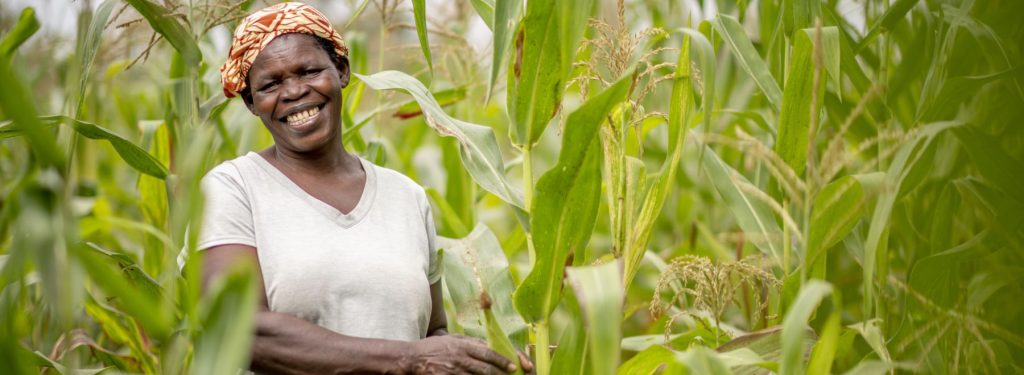
There are smaller sites (e.g., KenyaSeed, FarmBid) where you can list produce. Some may allow livestock. It’s good to keep an eye on emerging apps; the trend is moving toward digital farm trading.
Overall, combining free and paid channels maximizes reach. Free options (Jiji, Facebook, WhatsApp) cost nothing but require your effort. Paid/classified services (Upmarket, Kopacash) charge fees or commissions but often deliver more serious buyers. For general farmers, starting with free listings and gauging demand is wise, then expanding to subscription services if you need more market exposure.
Check out the 15 Popular Online Money Lenders in Kenya | 2025 Update
Yes – rabbit farming can be quite profitable in Kenya when done right. Rabbits can reproduce rapidly (a doe can produce as many as 40 kits in a year), and they have a low feed/output ratio. Beyond selling the meat, farmers can get additional income through pelts, manure used as a fertilizer and even rabbit urine (it has medicinal uses).
These additional revenue streams improve overall margins. These additional revenue streams make rabbit farming a profitable venture for Kenyan farmers. Given Kenya’s growing demand for lean protein (including in East African markets), well-managed rabbit farms typically see quick returns on investment.
Of course, profitability depends on controlling costs (feed, housing) and getting good prices. Using online platforms to sell directly can cut out middlemen and boost net earnings. With a reliable market and efficient practices, rabbit farming in Kenya has strong profit potential.
Rabbit farming in Kenya is a highly profitable venture
rabbit meat
Yes, rabbit meat is generally considered very healthy
Selling rabbits in Kenya is entirely feasible and becoming easier thanks to online platforms. By leveraging both free classifieds and specialized marketplaces, farmers can reach a wide range of buyers.
With demand growing, especially among health-conscious consumers, rabbit farming and sales can yield solid returns.
As you market your rabbits, keep track of input costs to price profitably. By using the right mix of online channels and maintaining high-quality stock, Kenyan rabbit farmers can maximize reach and income in this niche market.